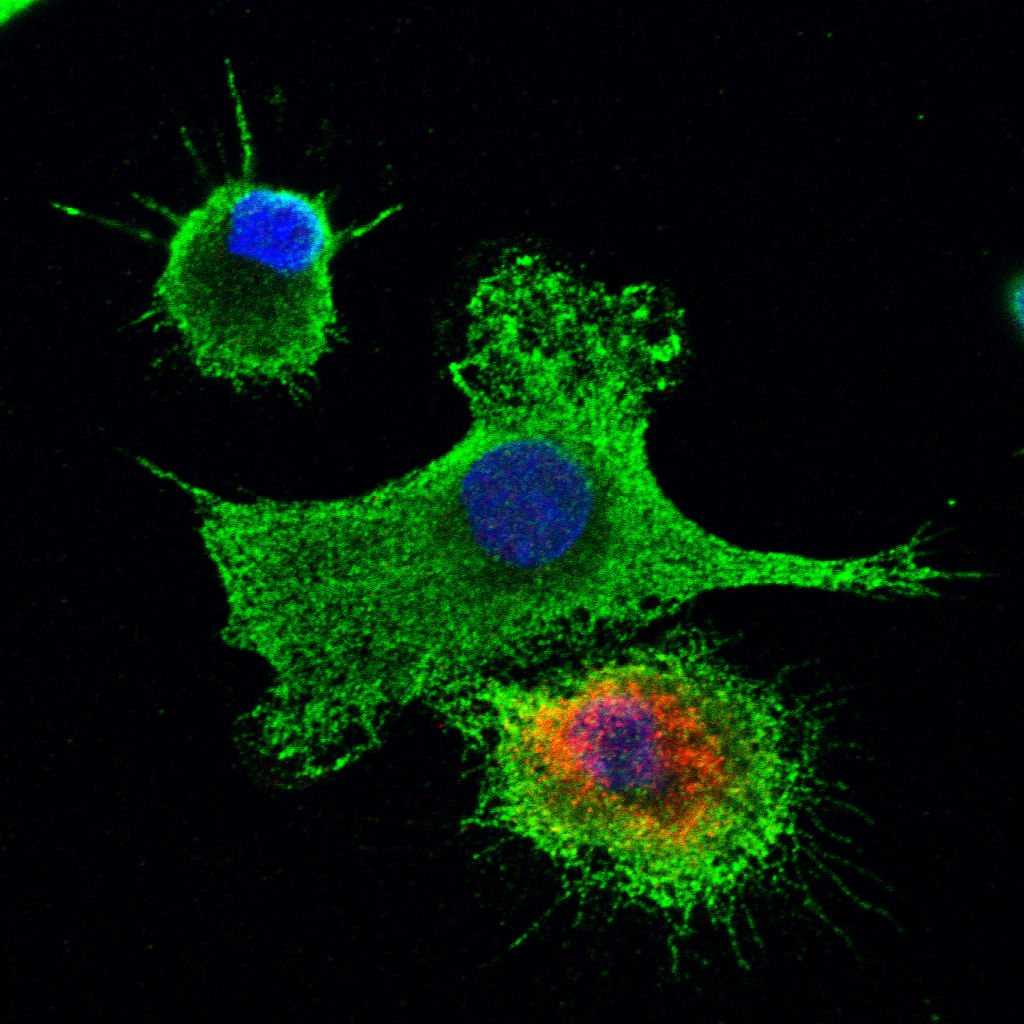A critical role for perivascular cells in amplifying vascular leakage induced by dengue virus nonstructural protein 1
Dengue is the most prevalent arthropod-borne viral disease affecting humans, with severe dengue typified by potentially fatal microvascular leakage and hypovolemic shock. Blood vessels of the microvasculature are composed of a tubular structure of endothelial cells ensheathed by perivascular cells (pericytes). Pericytes support endothelial cell barrier formation and maintenance through paracrine and contact-mediated signaling and are critical to microvascular integrity. Pericyte dysfunction has been linked to vascular leakage in noncommunicable pathologies such as diabetic retinopathy but has never been linked to infection-related vascular leakage. Dengue vascular leakage has been shown to result in part from the direct action of the secreted dengue virus (DENV) nonstructural protein NS1 on endothelial cells. Using primary human vascular cells, we show here that NS1 also causes pericyte dysfunction and that NS1-induced endothelial hyperpermeability is more pronounced in the presence of pericytes. Notably, NS1 specifically disrupted the ability of pericytes to support endothelial cell function in a three-dimensional (3D) microvascular assay, with no effect on pericyte viability or physiology. These effects are mediated at least in part through contact-independent paracrine signals involved in endothelial barrier maintenance by pericytes. We therefore identify a role for pericytes in amplifying NS1-induced microvascular hyperpermeability in severe dengue and thus show that pericytes can play a critical role in the etiology of an infectious vascular leakage syndrome. These findings open new avenues of research for the development of drugs and diagnostic assays for combating infection-induced vascular leakage, such as severe dengue.
IMPORTANCE The World Health Organization considers dengue one of the top 10 global public health problems. There is no specific antiviral therapy to treat dengue virus and no way of predicting which patients will develop potentially fatal severe dengue, typified by vascular leakage and circulatory shock. We show here that perivascular cells (pericytes) amplify the vascular leakage-inducing effects of the dengue viral protein NS1 through contact-independent signaling to endothelial cells. While pericytes are known to contribute to noncommunicable vascular leakage, this is the first time these cells have been implicated in the vascular effects of an infectious disease. Our findings could pave the way for new therapies and diagnostics to combat dengue and potentially other infectious vascular leakage syndromes.
